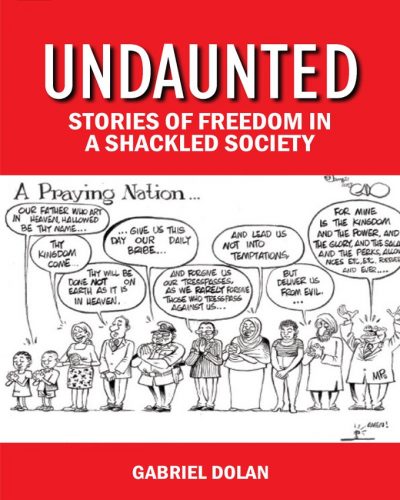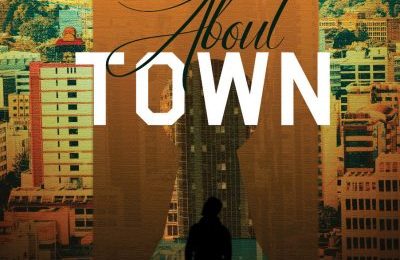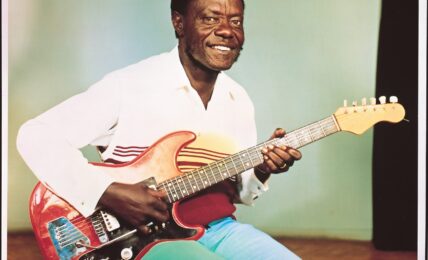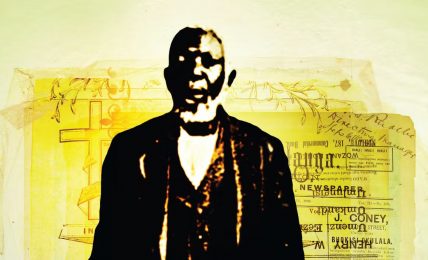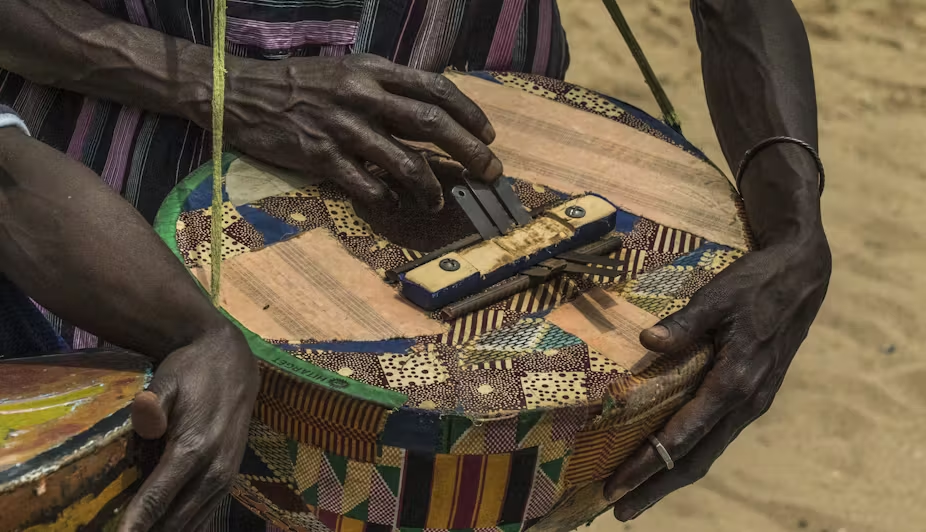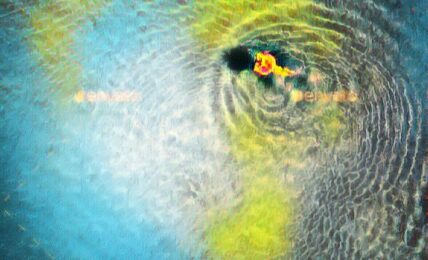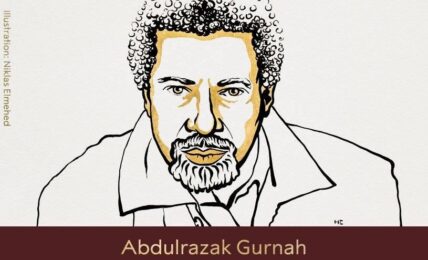Book Review: Father Gabriel Dolan’s “Stories of Freedom in A Shackled Society”
Father Gabriel Dolan, a renowned clergy and human rights activist in Kenya, has a new memoir: Undaunted: Stories of Freedom in A Shackled Society, narrating his coming to Kenya in the heat of the 1982 failed coup against President Daniel Moi, his relentless fights for the rights of the oppressed and voiceless in the Kenya. It is a story full of courage, bravery and lessons to upcoming activists seeking to change the state of affairs in their society.
